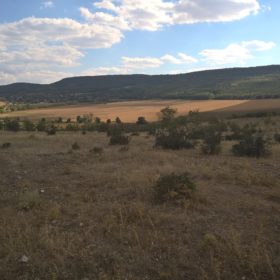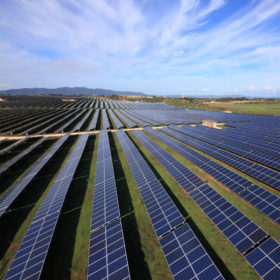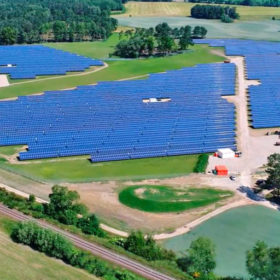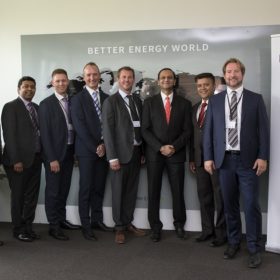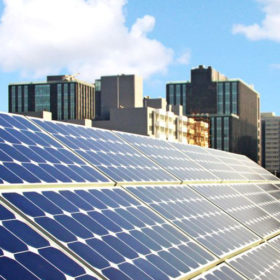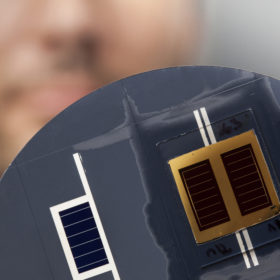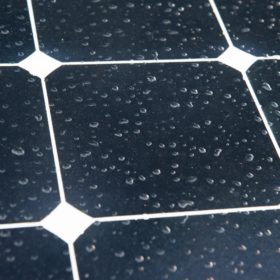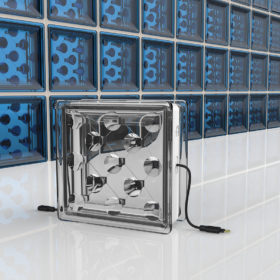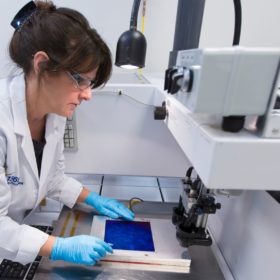Bulgaria: municipality of Devnya preps to host 180 MW solar plant
The project is expected to be built by local company 4B Solar in three phases by the end of 2022.
Italy adds 234 MW of new PV capacity in H1 2017
The Italian solar market has registered 16% year-on-year growth in the first six months of 2017. New additions for June reached 29.7 MW.
Germany installs 155 MW of PV in July
Demand for small-sized PV systems remained strong in Germany in July, while growth of large-scale plants was lower than in the previous months.
EU Researchers achieve breakthrough in nano-scale c-Si
A team of scientists representing the photoNvoltaics project, funded by the European Union, has been able to develop a crystalline silicon cell with an effective thickness of just 830 nano-meters.
Denmark’s Better Energy signs solar partnerships with Tata Power Solar and Huawei
The Danish renewable energy developer partners with the Indian solar energy company for the supply of solar modules, as well as China’s Huawei for the its inverter solutions.
DNV GL report criticizes EU demand response regulations
A study carried out by energy consultants DNV GL has found that the European Commission’s draft proposal on demand response regulations is “incompatible with market principles,” and made several recommendations for its improvement.
Swiss researchers team with NREL to break 35% cell efficiency
A collaborative project between the U.S. National Renewable Energy Laboratory, the Swiss Center for Electronics and Microtechnology (CSEM) and the École Polytechnique Fédérale de Lausanne (EPFL) has tested a range of multi junction cells in tandem configuration, and achieved efficiencies of up to 35.9%.
Dutch researchers model perovskite performance
A team of researchers at the Netherlands’ AMOLF institute has modelled the performance of tandem perovskite/silicon solar cells under real-world climate conditions, and found that the tandem cells are little more efficient than the Si cell alone. The research shows, however, that if correctly optimized, this type of cell could perform at efficiency levels above 38%.
BIPV: Researchers develop solar glass blocks to power houses
Researchers at the UK’s Exeter University have created solar cell-embedded glass bricks, which in addition to generating electricity let in natural light and provide thermal insulation.
1366 Technologies, Hanwha Q Cells hit 20.3% cell efficiency with Direct Wafer process
U.S. based PV innovator 1366 Technologies, and Korean PV manufacturer Hanwha Q CELLS have announced a new performance record for cells produced using 1366’s Direct Wafer technique. The cells achieved 20.3% efficiency, which has been independently confirmed by Fraunhofer ISE.
